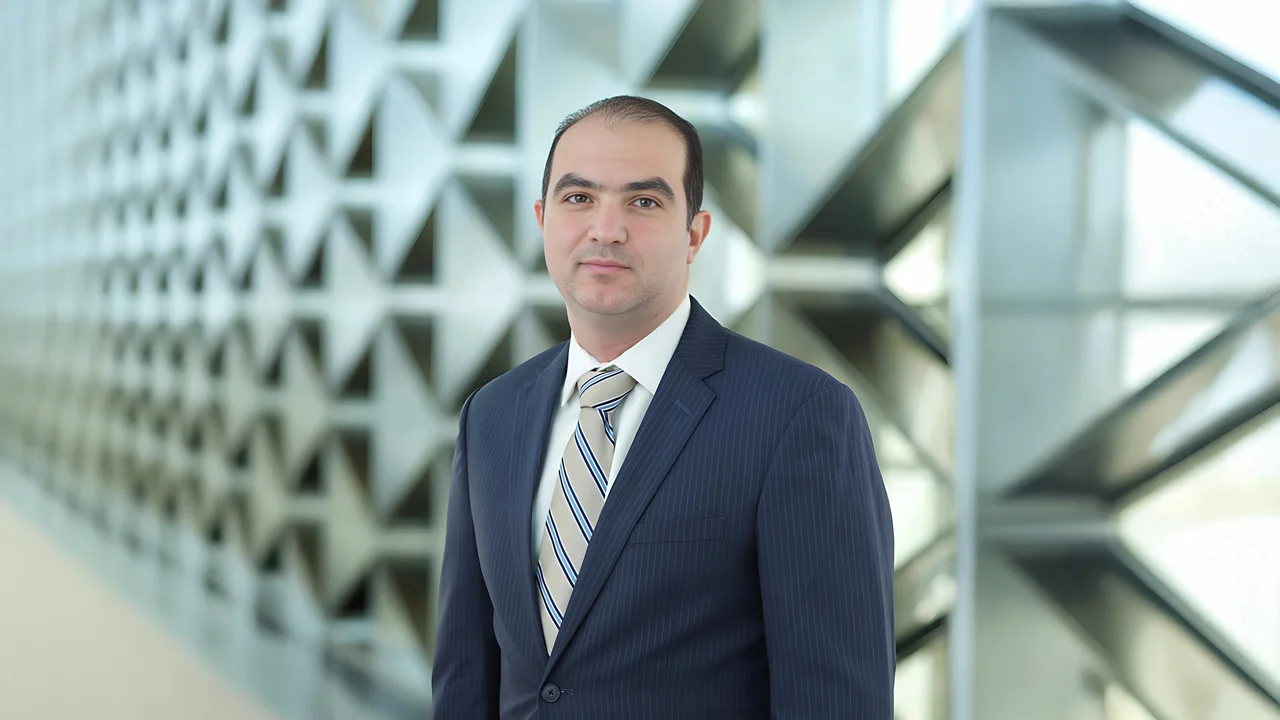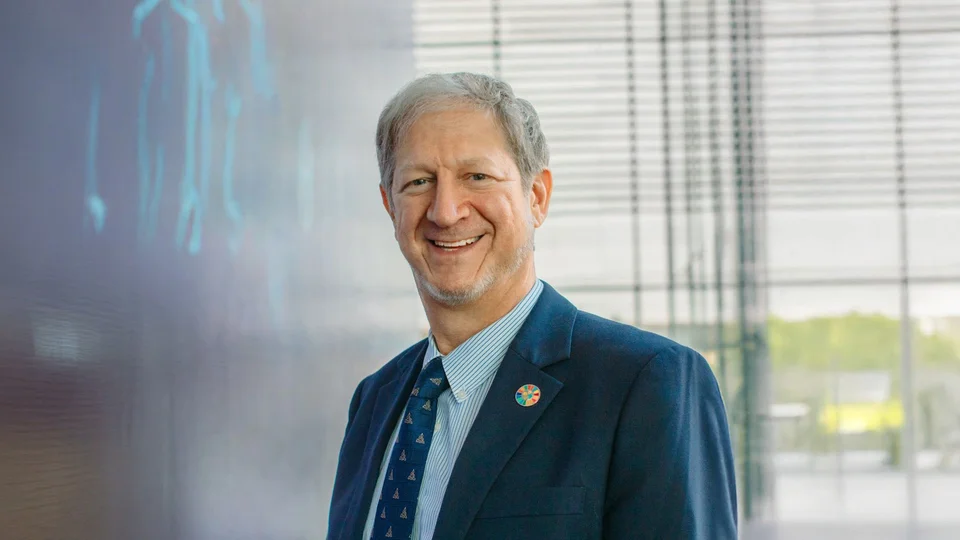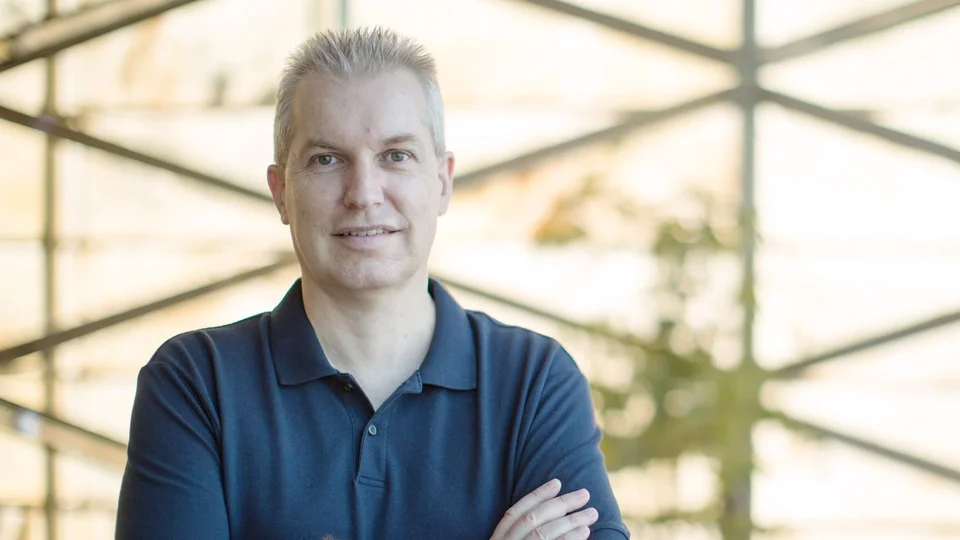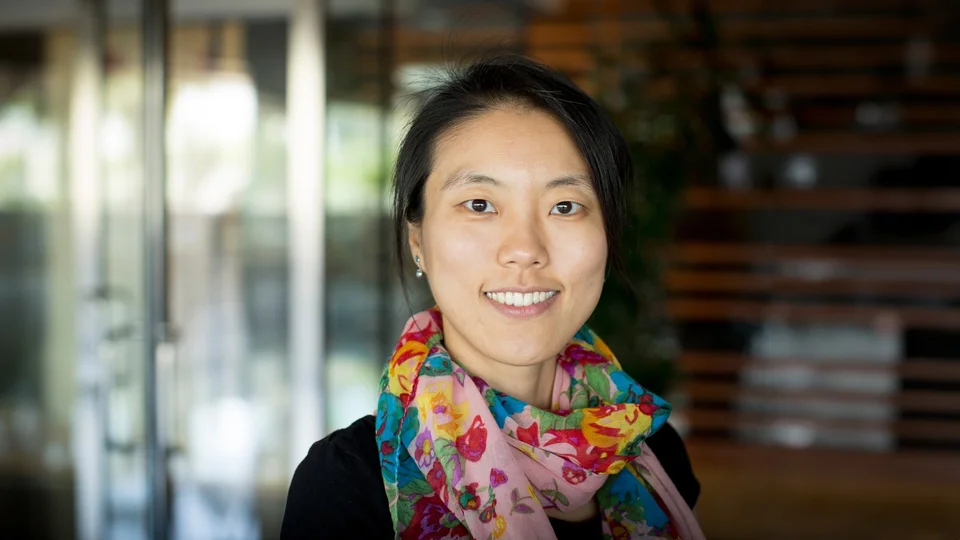
Sameh Abdulah
Dr. Sameh Abdulah specializes in HPC, scalable algorithms, and climate modeling, with innovations receiving the ACM Gordon Bell Prize for Climate Modelling.
Biography
Dr. Sameh Abdulah is an HPC senior research scientist specializing in high-performance computing (HPC), and large-scale data analytics. He is a Senior Research Scientist at the Computer, Electrical and Mathematical Sciences and Engineering Division at KAUST. His work focuses on developing scalable algorithms and efficient software frameworks to address complex computational challenges across diverse scientific and engineering domains, including spatial statistics.
He serves as a key link between three major research groups within the extreme computing research at KAUST: the Hierarchical Computations on Manycore Architectures (HiCMA) group led by Professor David Keyes, the Spatio-Temporal Statistics & Data Science (STSDS) group led by Professor Marc Genton, and the Environmental Statistics (ES) group led by Professor Ying Sun. His primary role is to bridge advanced parallel linear algebra (LA) innovations with high-performance computing (HPC) in the spatial statistics field in the context of climate and weather applications.
Dr. Abdulah was honored with the ACM Gordon Bell Prize for Climate Modelling in November 2024. His team's pioneering work in climate simulation set new benchmarks in computational efficiency and resolution, transforming how climate data is modeled and analyzed. He was also part of the KAUST team nominated for the ACM Gordon Bell Prize in the general track for spatial data modeling/prediction in 2022.
He has significantly contributed to scalable matrix computations, particularly in designing numerical libraries that leverage modern hardware architectures. His expertise includes mixed-precision matrix computations, geostatistical modeling, and prediction. He has also developed cutting-edge methodologies for accelerating data-intensive simulations, enabling transformative weather/climate modeling advancements.
As a passionate advocate for open-source software, Dr. Abdulah is actively involved in collaborative research and software development, sharing tools and libraries that empower researchers globally. His work is driven by a commitment to innovation and interdisciplinary collaboration, harnessing the power of HPC to tackle some of the most pressing challenges in computational science.
Research Interests
Sameh's research includes HPC, large-scale spatial and spatio-temporal statistics, GPU acceleration, and mixed-precision and low-rank algorithms for AI-enabled scientific applications, with a particular focus on climate and environmental modeling. He is a core developer of ExaGeoStat, an open-source exascale geostatistical software framework widely used by the community for large-scale spatial modeling and benchmarking on modern supercomputers.
Adding the HPC capabilities to existing science is a big challenge. Statistics has a huge number of tools and methods that can be more attractive if they scaled up. Dr Abdulah is doing this by working through two different groups to transfer knowledge and experience between two different views of the same problem. In other words, he is moving the traditional statistical tools and methods to the HPC era.
Education
- Doctor of Philosophy (Ph.D.)
- Computer Science and Engineering, The Ohio State University, Columbus., United States, 2016
Questions and Answers
Why KAUST?
Finding a university that believes in multi-disciplinary is challenging. KAUST multi-disciplinary vision aims to fill the gaps between different research fields to serve the human needs and consolidate the understanding of this mysterious world. Each country should have its KAUST to change the common vision of research around the world.
Why HPC?
High-performance Computing (HPC) is a way to move science from a limited scale to non-expected scale. Scalability means more analysis, understanding, and learning of the existing science. The era of HPC will reproduce a new understanding of the world with a higher capability of controlling and benefiting from it beside discovering more and more secrets!


